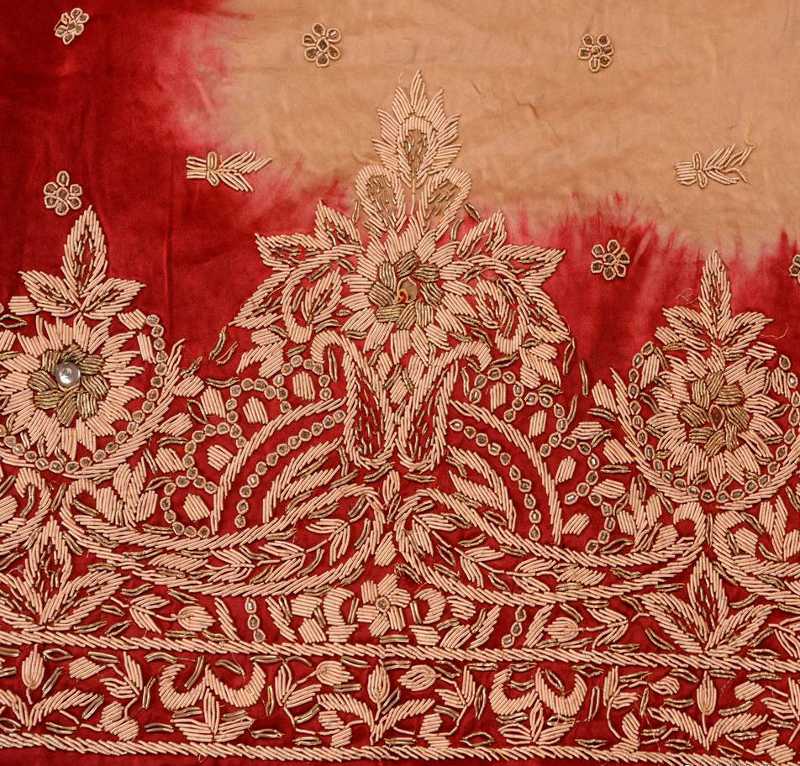===
0877,
6
===

=== |
 |
chashmak : 'Winking, a wink; looking askance (at), coldness, misunderstanding'. (Platts p.433)
saudā (Persian): 'Goods, wares; trade, traffic; marketing; purchase, bargain'. (Platts p.695)
saudā (Arabic): 'The black bile (one of the four humours of the body), atrabilis; melancholy; hypochondria; frenzy, madness, insanity'. (Platts p.695)
FWP:
SETS == A,B; DOUBLE ACTIVATION; EK; GESTURES; HI; SUBJECT?
MOTIFS == COMMERCE; MADNESS
NAMES
TERMSThis is an 'A,B' verse; although the yaʿnī seems to offer a forthcoming explanation, it's by no means a very helpful one. Just to start with, we can't even tell whether the 'I would go and do' is (mentally) uttered (?) by the signaling rose or the perceiving lover. So just look at the range of possibilities surrounding that 'wink' of the rose:
=The rose is winking to convey her own intention of going into the bazaar and doing some 'merchandising'.
=The rose is winking to hint to the lover that he should go into the bazaar and do some 'merchandising'.
=The rose is just winking in a general way, or for some other reason, and the lover misinterprets the wink as directed at him.
=The rose isn't really winking at all, and the lover is just imagining things in his madness.Then, of course, we need to ask what it means to go into the 'bazaar of madness' and do some 'merchandising'. It could be a cynical exploitation of beauty or passion (something that should be beyond the reach of money is being brought down to a lower or cruder level). It could be an expression of helpless victimization (the rose is sold by the cruel flower-seller, the lover is coerced by his passion). Or it could be that the 'bazaar of madness' is no ordinary commercial bazaar, but instead has its own crazy rules that only lovers and beloveds understand. Or of course in a mystical, Sufistic sense, in such a 'bazaar of madness' one might 'sell' one's beauty or passion through complete self-sacrifice, to attain the invaluable state of literal 'self-lessness'.
A further brilliance of bāzār-e junūñ is the way it fully activates both senses of saudā (see the two definitions above), as SRF notes. This means that we can always read the verse as describing commercial transactions (merchandising in a bazaar), and/or we can always read it as describing madness (a 'bazaar of madness' sounds like an ideal venue for the crazed lover). For another such example, see {25,15}.
Finally, ek and hī work their usual multivalent magic, opening up still a wider set of interpretative possibilities. They highlight the power of gesture, and the ultimate uninterpretability of gesture. Compare the 'smile' in the incomparable
{6,2}.